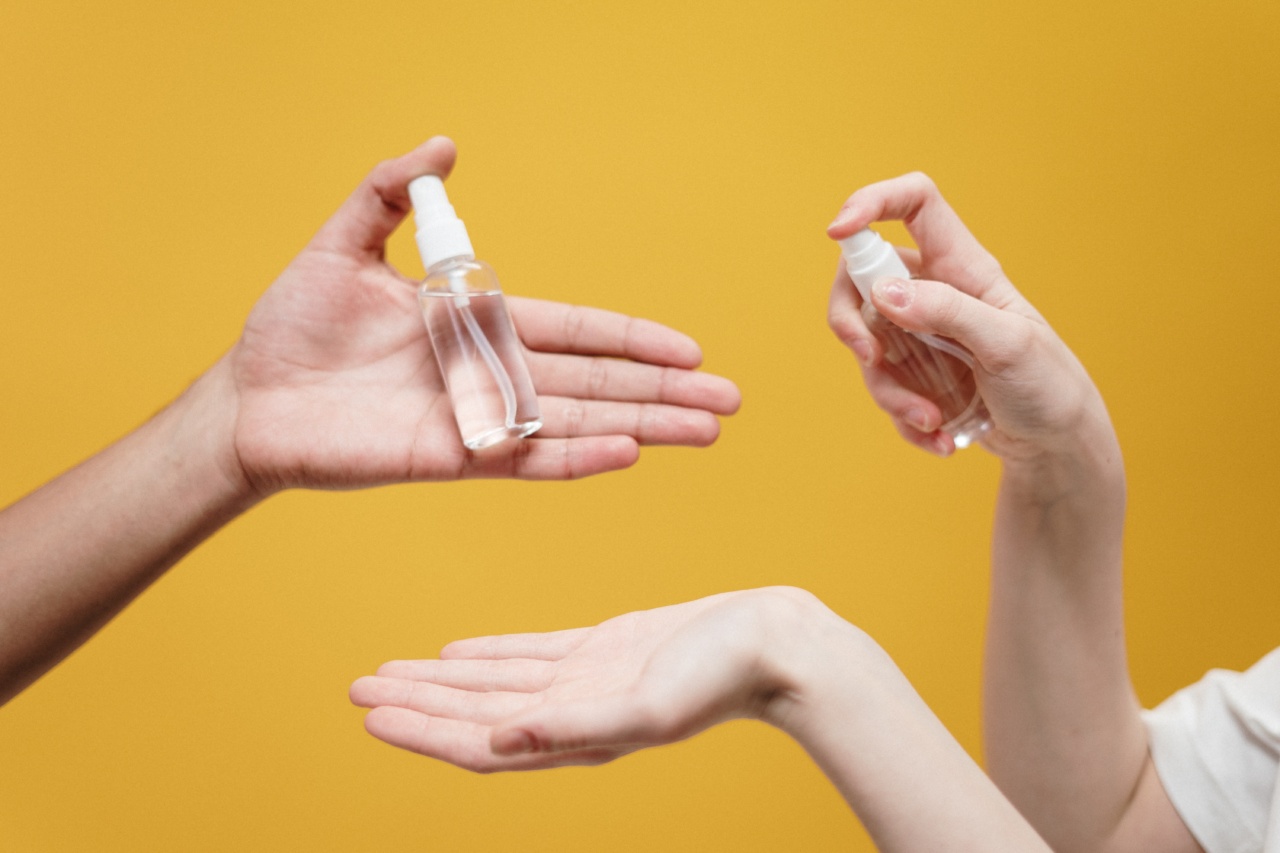Alcohol consumption and its effects on the brain have long been a topic of interest and debate.
While excessive alcohol intake has been linked to various negative health outcomes, including an increased risk of dementia, recent studies suggest that moderate alcohol consumption may actually have a protective effect on cognitive health. This article explores the relationship between alcohol and dementia, specifically focusing on the optimal amount of alcohol that may help prevent the development of this neurodegenerative disease.
Understanding Dementia
Dementia is a term used to describe a decline in cognitive function severe enough to interfere with daily life. It is characterized by symptoms such as memory loss, difficulty in problem-solving, language impairment, and impaired judgment.
Alzheimer’s disease is the most common cause of dementia, accounting for approximately 60-80% of cases.
The Link Between Alcohol and Dementia
Excessive alcohol consumption has been widely implicated as a risk factor for developing dementia. Chronic alcohol abuse can lead to malnutrition, liver dysfunction, and neurological damage, all of which may contribute to cognitive decline.
Alcohol-related dementia, also known as alcohol-induced persisting amnestic disorder, is a specific form of dementia caused by long-term alcohol abuse. It is characterized by severe memory impairment and cognitive deficits.
The Protective Effects of Moderate Alcohol Consumption
While excessive alcohol use can be detrimental to brain health, numerous studies have suggested that moderate alcohol consumption may have protective effects against dementia.
Moderate drinking is typically defined as up to one drink per day for women and up to two drinks per day for men. These beneficial effects are believed to be due to the presence of certain compounds, such as resveratrol in red wine, which exhibit antioxidant and anti-inflammatory properties and may help protect against neurodegeneration.
Evidence from Epidemiological Studies
Epidemiological studies have consistently shown that light to moderate alcohol consumption is associated with a reduced risk of dementia compared to both abstainers and heavy drinkers.
One study published in the Journal of Alzheimer’s Disease analyzed data from over 365,000 individuals and found that consuming 1-2 units of alcohol per day was associated with a lower risk of dementia compared to abstaining or consuming higher amounts. Another study published in the British Journal of Psychiatry reported a similar association between moderate alcohol consumption and a reduced risk of dementia.
Biological Mechanisms
The mechanisms underlying the protective effects of moderate alcohol consumption on dementia risk are still being investigated.
Some research suggests that low to moderate alcohol intake may improve cardiovascular health, reducing the risk of conditions such as hypertension and stroke, which are known risk factors for dementia. Additionally, alcohol has been shown to increase the levels of high-density lipoprotein (HDL) cholesterol, often referred to as “good” cholesterol, which may have a protective effect on brain health.
The Role of Genetics and Individual Factors
It is important to recognize that the relationship between alcohol and dementia is complex and influenced by various factors, including genetics and individual characteristics.
Genetic variations related to alcohol metabolism and susceptibility to alcohol-related brain damage can impact an individual’s response to alcohol. Furthermore, factors such as age, gender, overall health, and lifestyle habits can also influence the potential benefits or risks associated with alcohol consumption.
Risks and Considerations
Although moderate alcohol consumption appears to have potential protective effects against dementia, it is crucial to consider the risks and limitations.
Excessive alcohol intake is associated with various health problems, including liver disease, cardiovascular disease, and addiction. Additionally, individuals with a history of alcohol abuse or those with certain medical conditions should avoid alcohol altogether, as the risks may outweigh any potential benefits.
Consulting with a Healthcare Provider
Before making any changes to alcohol consumption patterns, it is essential to consult with a healthcare provider.
They can assess one’s overall health status, evaluate any potential risks or contraindications, and provide personalized recommendations based on individual circumstances.
Conclusion
While the optimal amount of alcohol to prevent dementia may vary depending on individual factors, evidence suggests that moderate alcohol consumption, within recommended guidelines, may have protective effects against dementia.
However, it is important to balance potential benefits with the risks associated with alcohol use, and individuals should always consult with their healthcare provider for personalized advice.






























